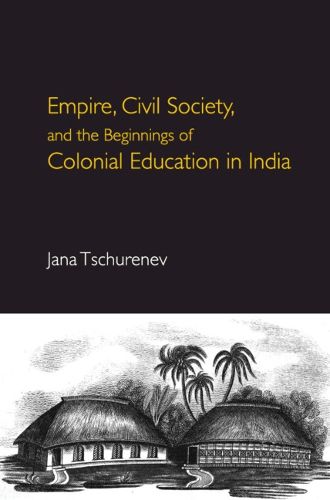Readings Newsletter
Become a Readings Member to make your shopping experience even easier.
Sign in or sign up for free!
You’re not far away from qualifying for FREE standard shipping within Australia
You’ve qualified for FREE standard shipping within Australia
The cart is loading…






This book tells a story of radical educational change. In the early nineteenth century, an imperial civil society movement promoted modern elementary ‘schools for all’. This movement included British, American and German missionaries, and Indian intellectuals and social reformers. They organised themselves in non-governmental organisations, which aimed to change Indian education. Firstly, they introduced a new culture of schooling, centred on memorisation, examination, and technocratic management. Secondly, they laid the ground for the building of the colonial system of education, which substituted indigenous education. Thirdly, they broadened the social accessibility of schooling. However, for the nineteenth century reformers, education for all did not mean equal education for all: elementary schooling became a means to teach different subalterns ‘their place’ in colonial society. Finally, the educational movement also furthered the building of a secular ‘national education’ in England.
$9.00 standard shipping within Australia
FREE standard shipping within Australia for orders over $100.00
Express & International shipping calculated at checkout
This book tells a story of radical educational change. In the early nineteenth century, an imperial civil society movement promoted modern elementary ‘schools for all’. This movement included British, American and German missionaries, and Indian intellectuals and social reformers. They organised themselves in non-governmental organisations, which aimed to change Indian education. Firstly, they introduced a new culture of schooling, centred on memorisation, examination, and technocratic management. Secondly, they laid the ground for the building of the colonial system of education, which substituted indigenous education. Thirdly, they broadened the social accessibility of schooling. However, for the nineteenth century reformers, education for all did not mean equal education for all: elementary schooling became a means to teach different subalterns ‘their place’ in colonial society. Finally, the educational movement also furthered the building of a secular ‘national education’ in England.